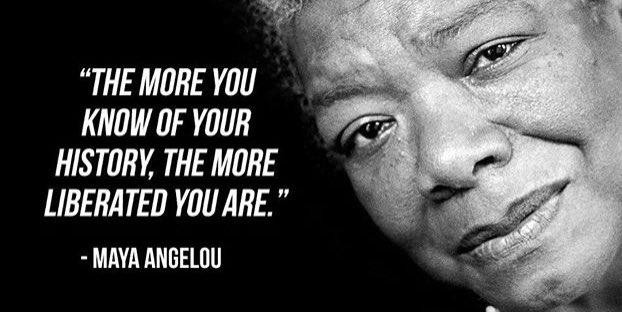- Inspire children's curiosity, encouraging them to ask critical questions, enabling them to understand how the past has helped to shape the present state of Britain and understand how it has been influenced by the wider world.
- Develop children’s knowledge of past civilisations and the expansion of these civilisations and empires.
- Introduce children to historical enquiry and the ability to formulate and research questions using a variety of sources.
- Help children to develop a sense of chronology.
Implementation:
Our history curriculum is taught over a range of topics throughout the year and is personalised to include elements of local history that reflect the uniqueness of the area that is Whitemoor. Taught on a rolling cycle, this allows children to develop depth in their learning and expand on existing knowledge. History lessons are always introduced with chronology work to enable children to acquire a strong understanding of time. Teachers are aware of the key knowledge and skills of each topic and careful consideration has been given to ensure progression across years and classes.
Early Years:
In EYFS, history is covered through the curriculum programme of PSED and Understanding the World, in particular past and present. Children talk about the lives of the people around them and their roles in society and through this, develop their understanding of the past and now. They learn about their lives and their family history and, in doing so, start to develop their understanding of change and aging when talking about their family members. Children compare and contrast characters from stories including figures from the past such as kings, queens, and famous people that provide the foundations for historical concepts.
Key Stage One and Two:
By ensuring that sufficient time is given to History, pupils are able to meet the expectations set out in the National Curriculum programme of study. The History curriculum is coherent and shows progression, allowing opportunities for children to take inspiration from the world around them, both locally and further afield.
Within this, children learn about changes within living memory and events beyond living memory that are significant nationally or globally. They also study the lives of significant individuals who have achieved both national and international recognition.
Learning where the people and events they study fit within a chronological framework, and being able to identify similarities and differences between ways of life in different period, enables the children to develop a chronologically secure knowledge and understanding of British, local and world history.

